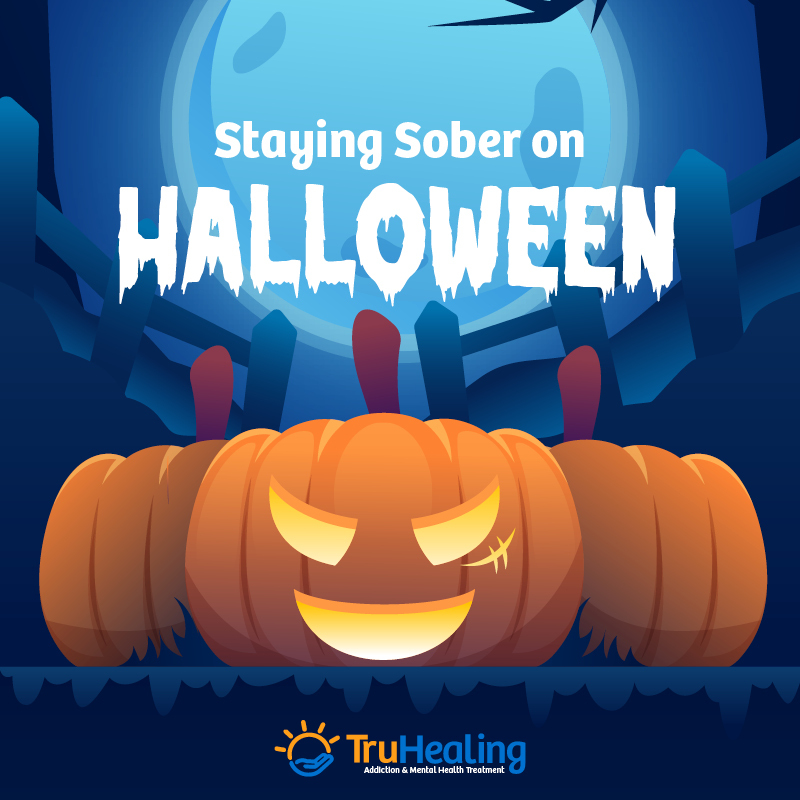Falling Into Old Patterns

The difficult thing about recognizing patterns is that they are by nature instinctive. We “fall into” old patterns because they are something like our default setting—what we do when we’re not paying attention. Recovery gives us the chance to work on ourselves so that we become attuned to our default patterns. Therapy is a great […]
Healing in Recovery Includes Taking Care of Your Body

Getting physically sober is only the first part of recovery; it opens you up to start healing. But healing physically is part of this process. Many of us in recovery neglected basic self-care when we were in active addiction. Addiction often disconnects you from your body. Some of us with addiction may have already been […]
Coping With Avoidant Tendencies in Recovery

People in active addiction often get used to avoidance. The drugs or alcohol are a means of escaping difficult feelings. Many of us in recovery spent a long time being unable to face our addictions. Avoidance in Sobriety Getting sober alone doesn’t mean you now know how to face reality in a healthy way. Taking […]
Coping With Guilt in Recovery
Many of us in recovery have guilt about things we said or did (or didn’t say or do) during active addiction. We are not always in full control of our actions when we are drinking or using, so we often act in ways that don’t align with our values. Addiction can also lead to secrecy, […]
Staying Sober on Halloween

7 Ways to Stay Sober on Halloween Halloween in recovery—especially early recovery—can be a challenge. Most parties involve alcohol. However, there are many fun ways to celebrate the holiday sober. Halloween is also a kid-centric holiday, meaning that most of us actually do have experience celebrating it sober, even before we enter recovery as adults. […]
Why It’s Important to Address Underlying Issues in Recovery

Addiction is a complex condition wherein chronically using substances changes the brain. But even before we start using substances, there are almost always underlying issues. The core reasons we are drawn to drugs or alcohol in the first place are complex; they vary by person, and when we do the work in recovery, we often […]
Using Things Outside Yourself to Cope With Emotional Pain

I’ve heard addiction described as—among other things—using something outside of yourself to cope with painful feelings. This can happen even after you quit using substances; it’s one of the reasons many people with substance use disorders also struggle with other, behavioral addictions. Looking to things outside yourself to “solve” your emotional pain often leads to […]
Coping With Rejection in Recovery
Rejection can be painful, and even sometimes feel intolerable. When you’re first getting sober, it can sting even harder. If drugs and alcohol were the things you wanted most, you’re used to being able to meet a need (however maladaptive) whenever it arises. Many of us in recovery previously used substances to cope with difficult […]
Coping with Strong Feelings Sober
A big part of recovery is learning to cope with strong emotions—the kind we previously dealt with by using alcohol or drugs. This change doesn’t happen overnight; it’s something to work towards throughout recovery. Learning to sit with strong feelings not only helps protect against relapse—it gives you emotional resilience and improves your quality of […]
What is the Difference Between Coping Skills and Defense Mechanisms?
Coping with stress and challenges is a big part of recovery—and life. Everyone has ways of coping, whether those methods are healthy or not. Not every source differentiates between coping skills and defense mechanisms. However, coping skills are typically seen as intentional, conscious practices that people build over time. Meanwhile, defense mechanisms are unconscious ways […]







